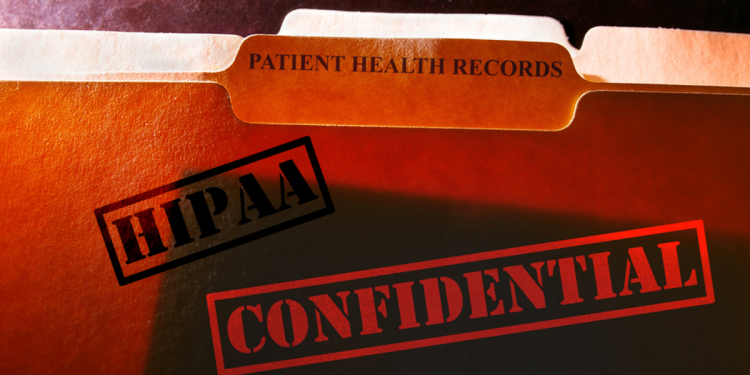In this day and age, protecting your health information from cyber threats is essential. With the rise of technology, it is vital to be aware of the risks and take the necessary steps to protect your data. This article will discuss five tech tips for keeping your health information cyber-safe.
1- Use Strong Passwords
Passwords are vital to protecting your personal information. Having a strong password can help protect your information from hackers. Changing passwords often and combining upper and lower-case letters, numbers, and symbols are essential. Avoid using dictionary words that are common or easy to guess. Instead, use a combination of random words that are difficult to crack. It can be beneficial to add special characters like an exclamation point or symbol for an extra layer of protection.
2- Control Access to Personal Health Information
A control access system is essential in ensuring that your health information stays in the right hands. It is important to have someone responsible for making changes to your system. This person can choose what types of people have access to your system and implement a password system. Additionally, it is important that you choose someone that you trust and they have access to your system. Creating a plan for a fire, flood, or another disaster is also important. If your system is destroyed, you will want to know where your health information is stored and who has access to it.
3- Use Encryption Software
Encryption software is a great way to protect your health information from cyber threats. Encryption software scrambles data so that it is unreadable to anyone who does not have the encryption key. This makes it much more difficult for hackers to access your data. It is important to use encryption software on any sensitive device.
4- Install Security Software
Security software is essential for protecting your health information from cyber threats. Security software can detect and remove malicious software, such as viruses and malware, from your computer. It can also help protect against phishing attacks and other cyber threats. It is important to install security software on all your devices and keep it up to date.
5- Be Careful about What You Share Online
Health information such as dental records, medical records, and insurance information can be shared online. Though sharing this information with family and friends is safe, you must be careful about what you share. Be sure to avoid sharing sensitive information with strangers. It is also very important to avoid putting yourself at risk by clicking on links or opening attachments from unknown sources. If you are concerned about sharing your health information with a friend or relative, ask them to meet in a public place such as a library or Starbucks.
Also, avoid posting personal information on social media sites, such as your address or phone number. Additionally, be careful when responding to emails from someone you do not know. The person sending an email often does so because they have been hacked. If a hacker sends you an email spoofing your identity, you must be aware of the situation before clicking on any links or opening any files.
In conclusion, taking the necessary steps to protect your health information from cyber threats is essential. Following these five tech tips ensures that your data is secure and protected from malicious actors. Be aware of the risks and take the necessary precautions to keep your data safe.













